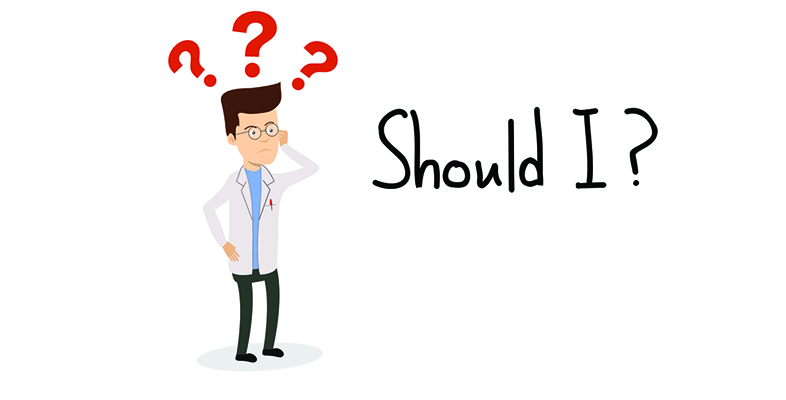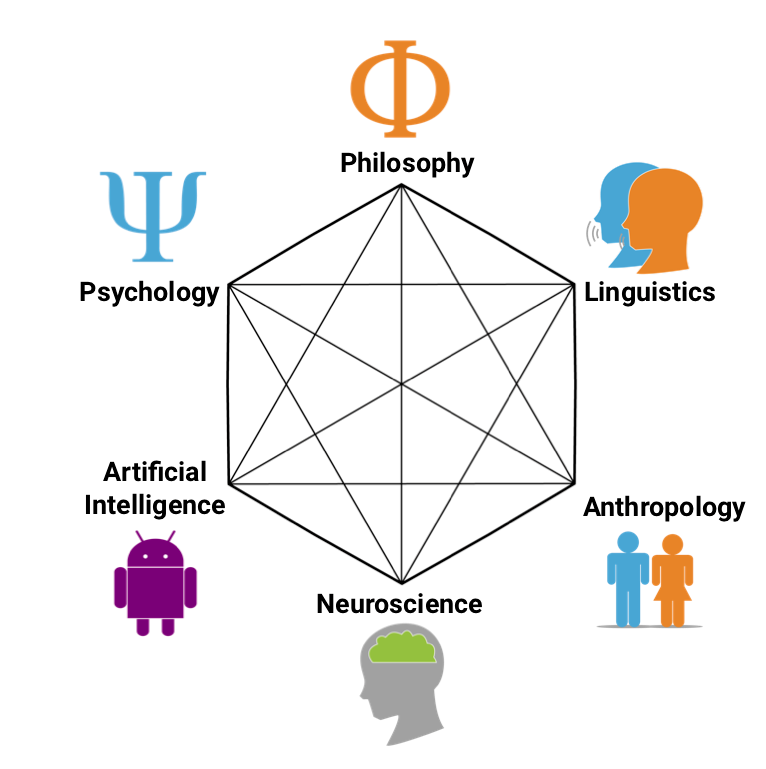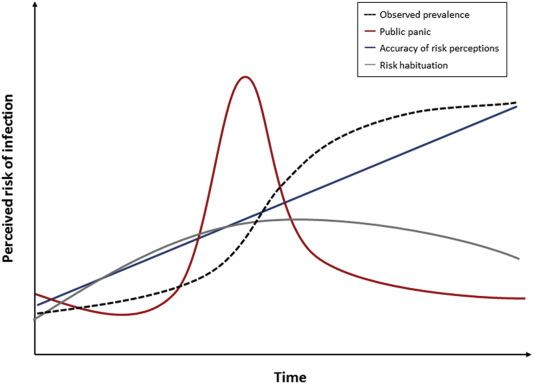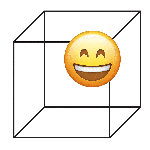Whether it is debating the use of recreational drugs or trying to justify the development of a nuclear plant, Science has always been stretching the ethical boundaries of humanity. For far too long, scientists have carried out experiments without considering any of the ethical consequences, as that was not their field of study. However, in […]
Read More








